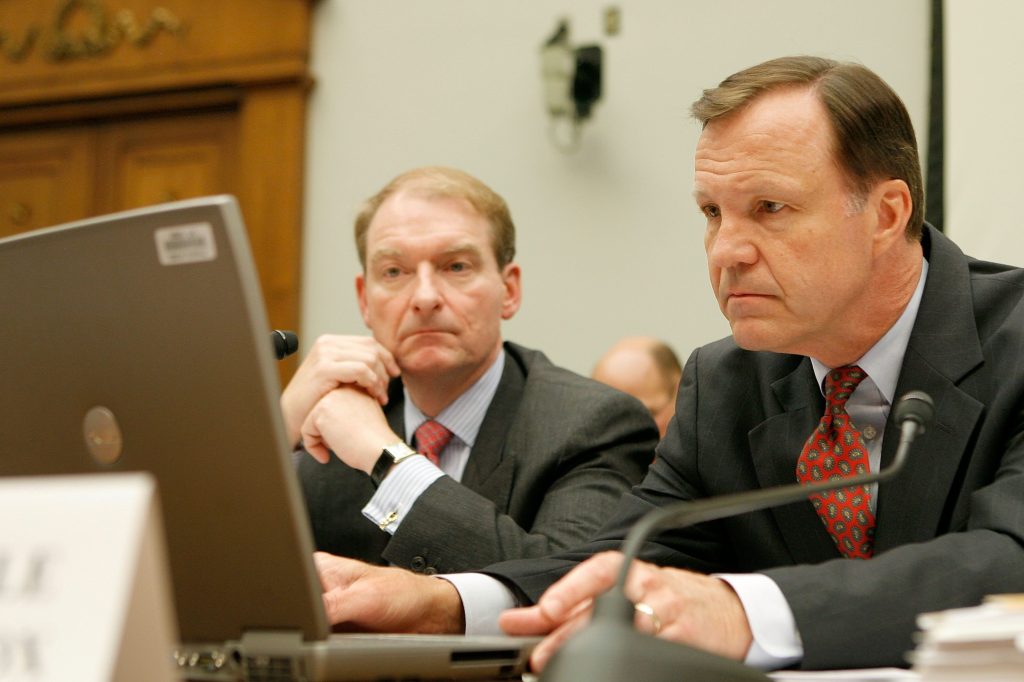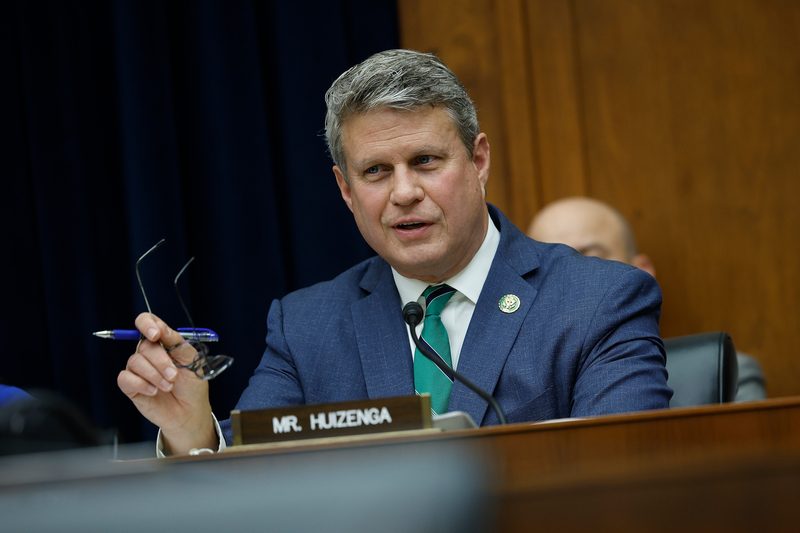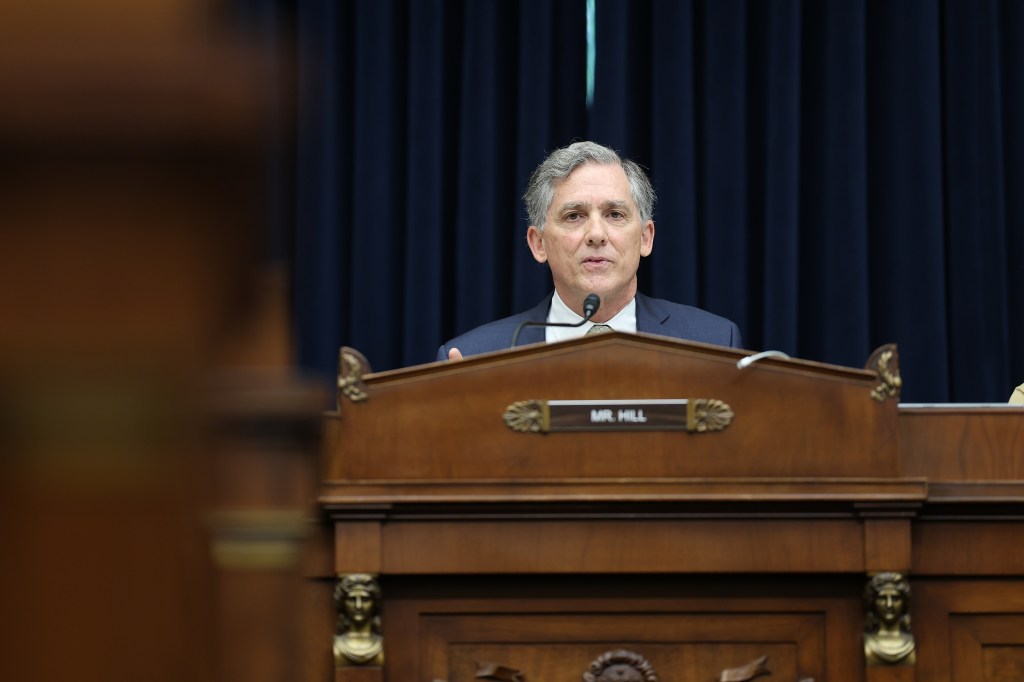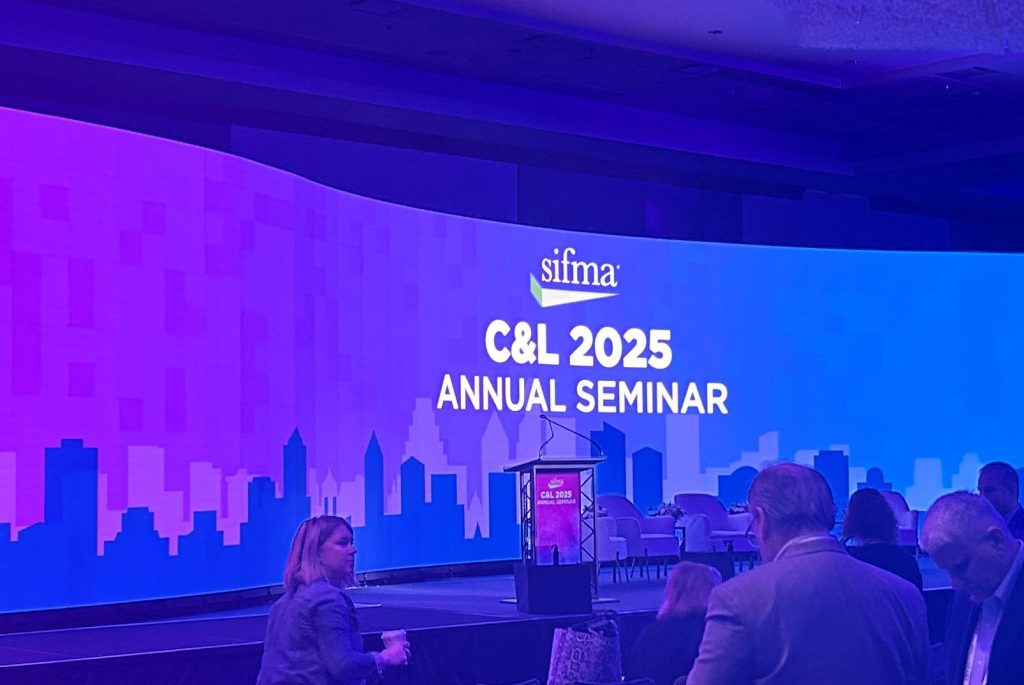The high court rejected a bid by the Swiss-based bank, UBS, to see Murray’s firing as part of routine cost-cutting.
The unanimous decision by the justices reinstated a $1.7m jury verdict for former bond strategist Trevor Murray, who has accused UBS of firing him in retaliation for refusing to publish misleading research reports and complaining about being pressured to do so. An appellate court had thrown out the jury verdict, ruling in 2022 that the jury should have been instructed by the trial judge that, in order to hold UBS liable under the Sarbanes-Oxley Act (SOX), Murray had to prove that the company had acted with retaliatory intent.
At the trial level, UBS had said Murray was fired as part of a cost-cutting campaign that eliminated thousands of jobs, not because of his complaints. A jury in federal court in Manhattan sided with Murray in 2020, and US District Judge Katherine Polk Failla, who presided over the trial, rejected a bid by UBS to set aside their verdict.
“The Second Circuit was wrong when it held that the word ‘discriminate’ in the statute’s catchall provision imposes an additional requirement that the whistleblower plaintiff prove the employer’s ‘retaliatory intent’ or animus.”
Supreme Court Justice Sonia Sotomayor, writing for the majority
UBS had asked the Supreme Court to require plaintiffs in whistleblower lawsuits to prove a company’s retaliatory motives, which is a difficult task for any former employee.
In their unanimous decision, the high court determined that a whistleblower who invokes such protections must prove his protected activity was a contributing factor in the employer’s action against him, but need not prove that his employer acted with “retaliatory intent”.
Trevor Murray’s case
Trevor Murray was working at UBS Securities when he was fired for reporting misconduct. He has said in in his complaints in court that he was pressured to change his independent research reports (used by customers) to benefit UBS’s commercial mortgage-backed securities trading desk.
Before he reported his colleagues for pressuring him to change reports, Murray says, his supervisor gave him positive feedback in a performance review. Then Murray filed a whistleblower complaint with the Department of Labor in 2012, and he was fired.
Murray said UBS violated federal law by firing him, and UBS said Murray was terminated in a layoff.
A jury awarded Murray almost $1m in damages at the trial court level, finding UBS didn’t prove Murray would have been fired regardless of his complaint. The Second Circuit Court of Appeals, located in New York, reversed the decision, ruling that Murray did not provide enough evidence that his termination was linked to his complaint.
Supreme Court’s reasoning
“The Second Circuit was wrong when it held that the word ‘discriminate’ in the statute’s catchall provision imposes an additional requirement that the whistleblower plaintiff prove the employer’s ‘retaliatory intent’ or animus,” Justice Sonia Sotomayor wrote for the unanimous opinion.
Despite USB’s concerns that employers will face liability for legitimate decisions, the justices determined they would not be held liable if they had clear and convincing evidence that the same unfavorable action would have occurred if the employee hadn’t blown the whistle.
Justices Samuel Alito and Amy Coney Barrett delivered a concurring opinion in which they reiterated that an employee still must show their whistleblowing activity was part of the reason they were fired. “The plaintiff need not prove that the protected conduct was the only reason or even that it was a principal reason for the adverse decision. Showing that it ‘help[ed] to cause or bring about’ that decision is enough,” Alito wrote.
SOX provisions
SOX was mainly intended to create enhanced accounting standards for publicly traded US companies after a series of accounting scandals – but it also introduced new legal protections for employees who report illegal conduct. Named after its bipartisan sponsors – Democratic US Senator Paul Sarbanes and Republican US Representative Michael Oxley – it was intended to help protect investors from fraudulent corporate financial reporting.
Section 806 of SOX protects whistleblowers at covered employers who report to their supervisor or the government conduct that they reasonably believe constitutes wire fraud, mail fraud, bank fraud, securities fraud, or a violation of any rule or regulation of the SEC, or any federal law that relates to fraud against shareholders.
In his petition, Murray argued that the Second Circuit’s ruling was wrong. He argued that when a whistleblower invokes the act and claims he was fired because of his report, Section 1514A(b)(2)(C) of the act provides the claim is “governed by the legal burdens of proof set forth in section 42121(b) of title 49, US Code”.
Under that cross-referenced framework, a whistleblowing employee meets the burden by showing that his protected activity “was a contributing factor in the unfavorable personnel action alleged in the complaint”. If the employee meets that burden, the employer can prevail only if it “demonstrates by clear and convincing evidence that the employer would have taken the same unfavorable personnel action in the absence of that behavior”.
The Anti-Fraud Coalition, along with the National Employment Lawyers Association and the Wall Street reform group Better Markets – plus consumer advocacy group Public Citizen, and Senators Charles Grassley (R-IA) and Senator Ron Wyden (D-OR) writing together – had urged the high court to reverse the Second Circuit’s judgment with their friend of the court briefs.













